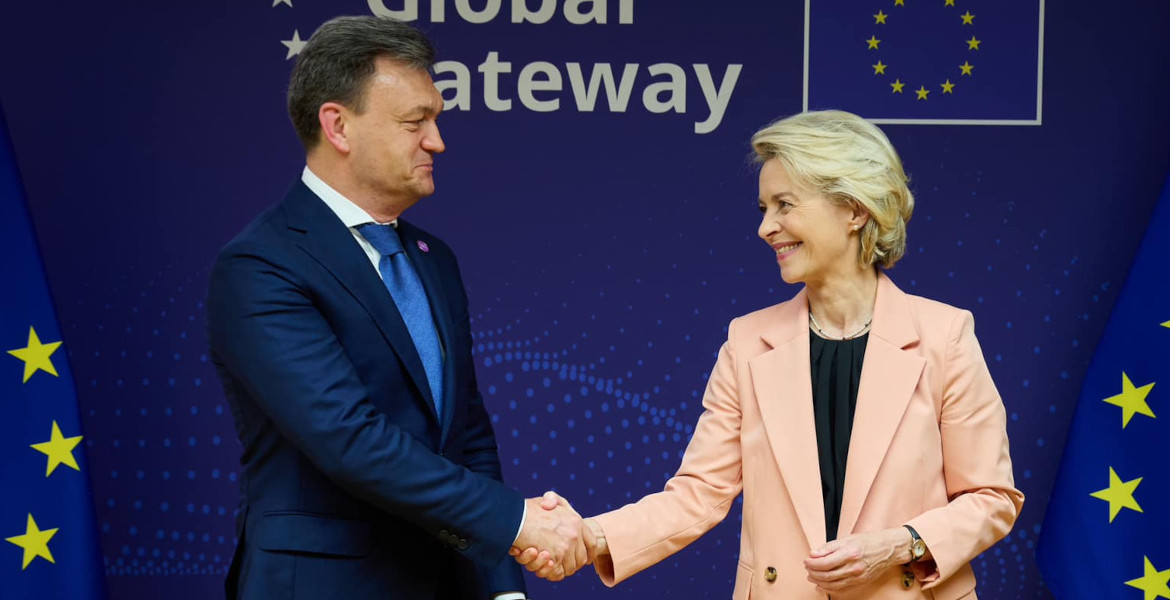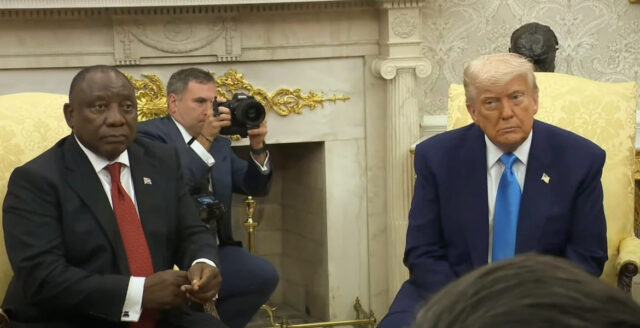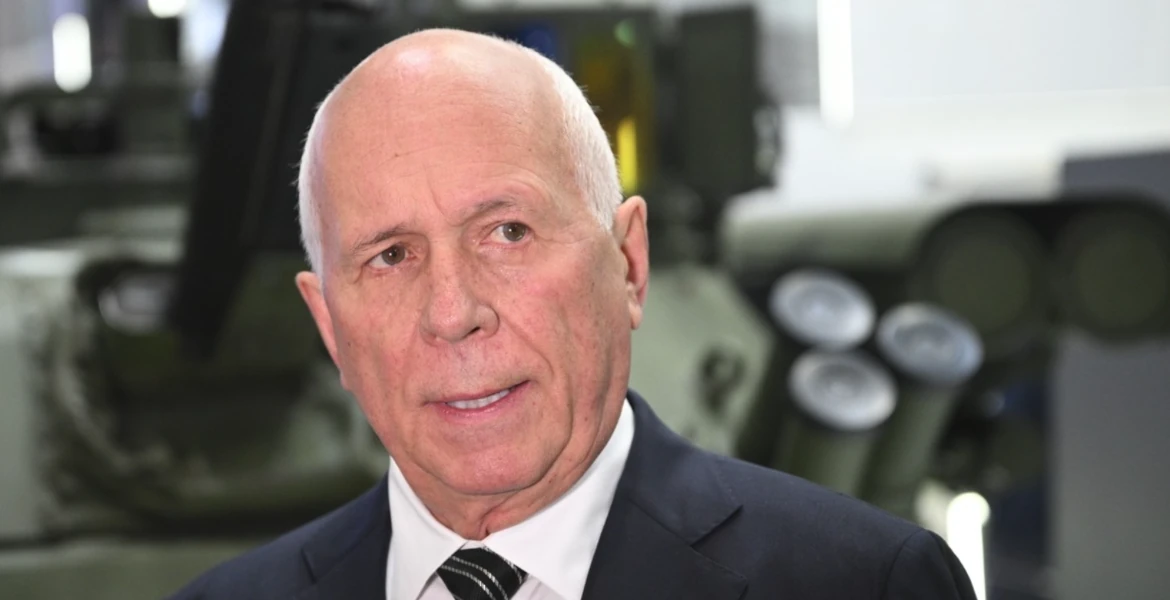Prime Minister Dorin Recean's Action and Solidarity party (PAS) has won Sunday's parliamentary election in Moldova with around 50 percent of the votes. The victory secures a continued majority for the Pro-EU government, but the electoral process has created major controversy after two opposition parties were banned from participating shortly before election day.
According to the country's electoral authority, which has counted more than 99.9 percent of the votes, PAS can now continue to lead Moldova with its own majority in parliament. This means that Prime Minister Dorin Recean receives a continued mandate to drive the country closer to EU membership.
The election result has been welcomed by EU leadership, but opposition forces in Moldova accuse the authorities of electoral fraud and are planning demonstrations.
Dramatic ban just over a day before the election
Late Friday evening, barely two days before polling stations opened and after overseas votes had already been cast, Moldova's electoral authority announced that two parties were disqualified from participating in the election.
One of the banned parties, the Heart of Moldova Party, is part of the so-called Patriotic Bloc – a cooperation between four opposition parties that has been described by EU-friendly actors as "pro-Russian." The electoral authority's press release gave no explicit reason, but referred to a decision from the country's constitutional court where the party was accused of money laundering and receiving Russian funds.
The second banned party, the Greater Moldova Party, would likely not have cleared the five percent parliamentary threshold.
The decision created acute problems for the Patriotic Bloc, which on Saturday was forced to make changes to its ballot papers because the requirement for at least 40 percent female candidates was no longer met after the exclusion. The situation was further complicated by the fact that ballot papers had already been printed, meaning votes for the banned parties were counted as invalid.
"A dictatorship that doesn't want to give up power"
Irina Vlah, party leader of the Heart of Moldova Party, calls the ban "a dirty game" and dismisses the accusations as "fabrications." In a Facebook post, she writes that she "condemns the illegal and politically motivated decision."
Patriotic Bloc leader Igor Dodon is even more forceful in his criticism and describes the ruling PAS as "a dictatorship that doesn't want to give up power." On Monday, the opposition is organizing a demonstration outside parliament in the capital Chișinău.
— We will come without political flags, only with the country's flag, to defend voting rights and democracy, Igor Dodon urges.
According to official figures, the Patriotic Bloc received just over 25 percent of the votes.
EU leaders praise the result
European Commission President Ursula von der Leyen quickly congratulated Moldova on the election outcome. On platform X, she wrote: "Moldova, you did it again" and continued: "You made your choice clear: Europe. Democracy. Freedom. Our door is open. And we are with you every step of the way. The future is yours."
EU High Representative for Foreign Affairs Kaja Kallas had already announced in the summer that the union was deeply engaged in the Moldovan election. She stated then that the EU had expanded its partnership mission with specialist teams on the ground to "support Moldova and address illegal financing around the election."





